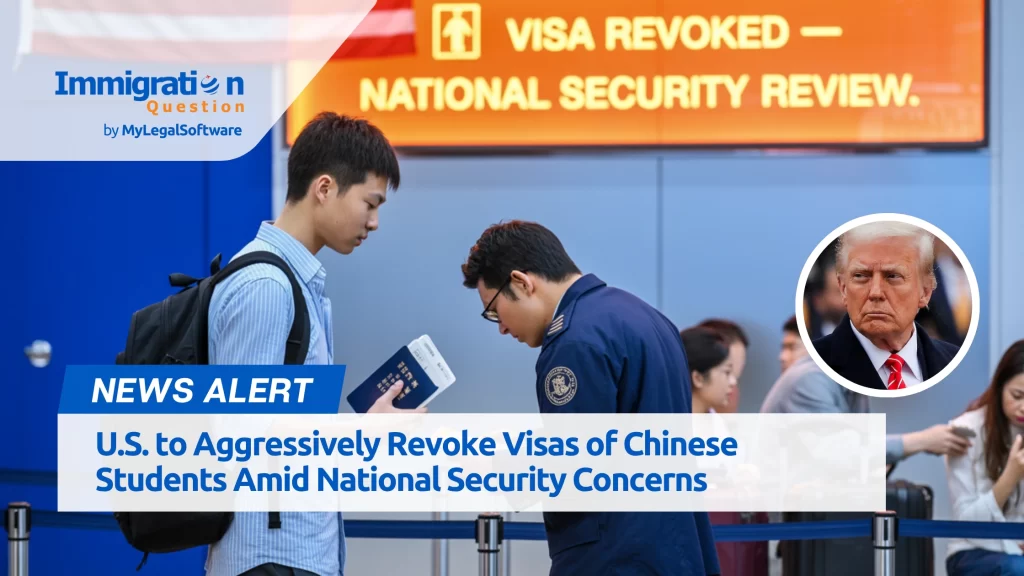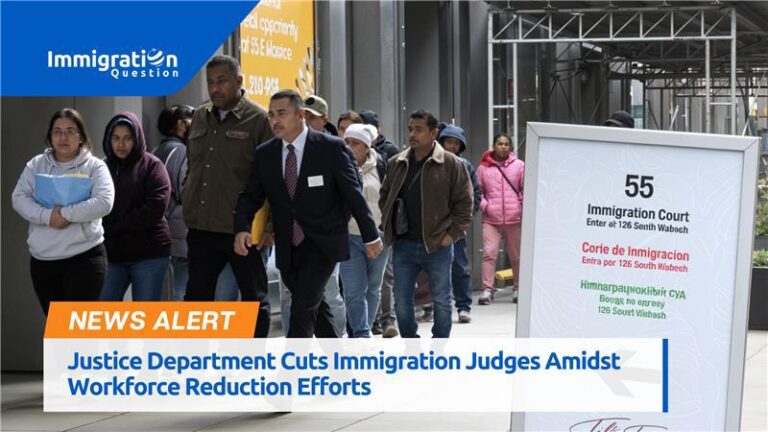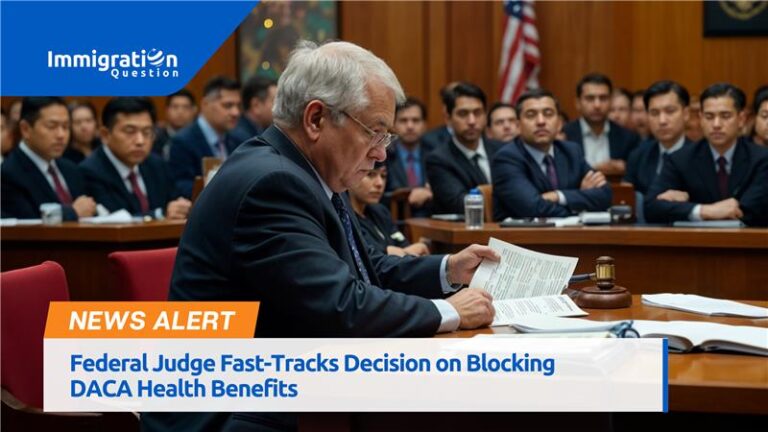The U.S. Secretary of State, Marco Rubio, has announced that the U.S. will begin revoking visas for Chinese students, especially those affiliated with the Chinese Communist Party or researching sensitive topics. The U.S. is also cracking down on Chinese academic ties as tensions rise; this could disrupt international students and U.S. universities that depend on them.
Targeted Revocations of Visas as Tensions Rise
The administration will begin revoking visas for Chinese students, mainly those who are affiliated with the Chinese Communist Party or learning sensitive subjects labeled as ‘critical,’ Secretary of State Marco Rubio has said. This represents a marked intensification of the Trump administration’s efforts to bolster immigration restrictions and mitigate national security risks posed by China’s presence on American campuses. Rubio pointed out the collaboration between the State Department and the Department of Homeland Security to aggressively enforce these cancellations and visa denials.
China’s role in the U.S. international student population
China is the second-largest source of international students in the U.S., after India. During the 2023-2024 academic year, over 270,000 Chinese students were studying in American schools, accounting for approximately 25% of the country’s total international student population. This large number indicates that any visa cancellations affecting Chinese students could have a significant impact on universities and their global communities.
There has been considerable scrutiny of the connections between American schools and China lately. Some Republican lawmakers have urged universities, such as Duke, to sever ties with Chinese institutions. They’re worried that research backed by U.S. funding might ultimately benefit the Chinese government. The Department of Homeland Security even accused Harvard of working with the Chinese Communist Party and training members of a Chinese paramilitary group, which led to a temporary halt on admitting international students.
These actions have left many international students feeling anxious. They’re particularly worried about visa issues and the risk of deportation, especially for those involved in political activism or being watched. This climate has sparked protests on campus and complaints about restrictions on academic freedom and free speech.
Social Media Vetting and Visa Application Reforms
In addition to revoking existing visas, the U.S. administration plans to overhaul visa application policies to implement enhanced social media vetting on all prospective applicants from China and Hong Kong in the future. Applicants have already been requested to provide their social media handles since 2019, but the new policies are likely to strengthen online activity vetting.
The new screening process will probably take a significant amount of time and may discourage even more Chinese students from coming to the U.S. to study.
Impact on the Economy and Schools
International students, especially those from India and China, generate significant tuition income for American universities. With more than 1.1 million international students in the whole country, the majority of institutions financially depend on them. The Trump administration’s policies could destabilize financing and enrollment, leading institutions such as Northeastern and Eastern Michigan, among others, to develop alternatives and reevaluate their interactions with Chinese institutions.
What’s Next?
The Trump administration’s aggressive policy towards Chinese student visas is a manifestation of broader geopolitical tensions and national security fears. As visa rescissions and enhanced vetting are enacted, students and universities will face a future of uncertain prospects, replete with legal threats, political recrimination, and potential losses in foreign enrollment. The shifting policies will irreversibly reshape U.S.-China academic relations as well as the higher education landscape in the years ahead.
To stay up-to-date and informed, visit our news page, ask your immigration questions on Immigration Question, and get responses from licensed attorneys. For attorneys, streamline your case and lead management when you download the Immigration Question app.










